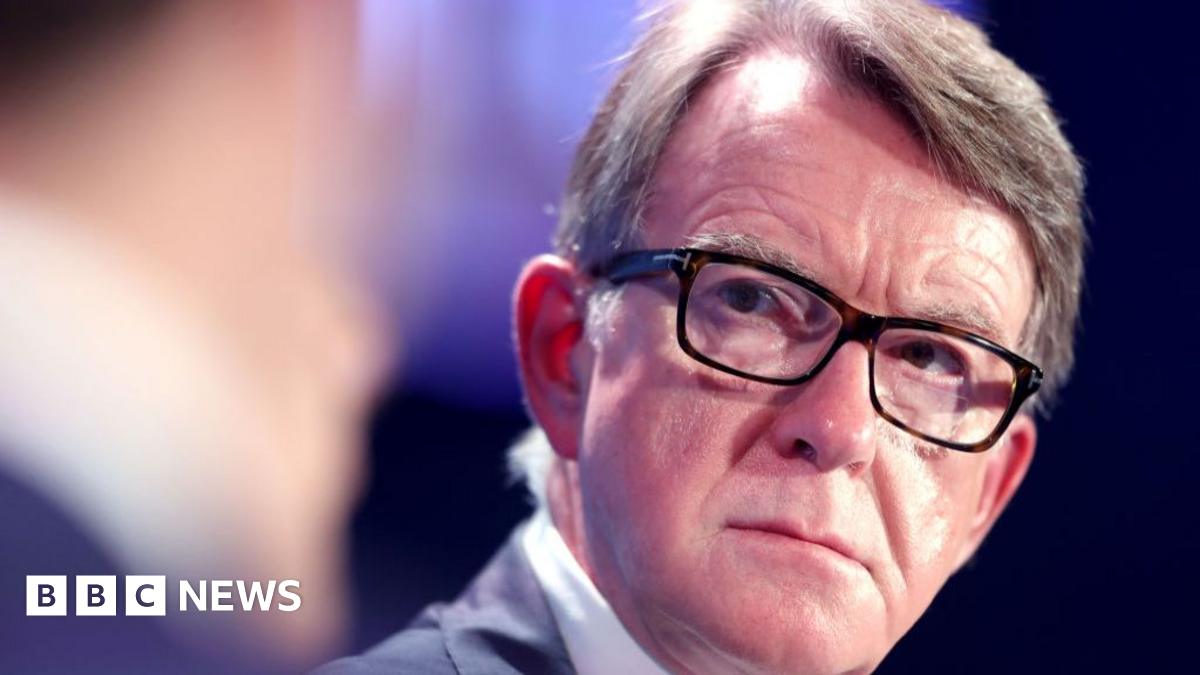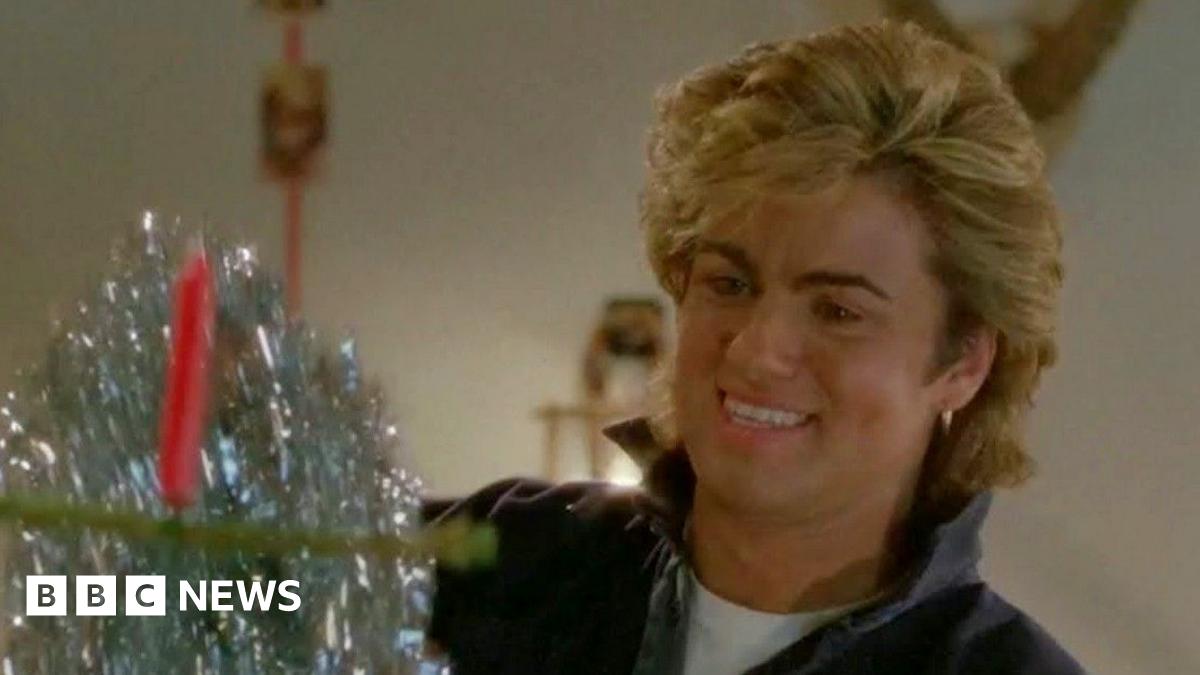World
UK inflation rate rises for second month in a row

The Bank of England will have to weigh up competing arguments over whether to cut interest rates.
Recent figures show the economy shrank in September and October, and the usual response would be to lower interest rates.
That would ease the pressure on mortgage-holders and other borrowers, including businesses and should boost spending and investment.
However, rising prices, combined with figures on Tuesday that showed faster growth in wages, suggest rates may need to remain at their current 4.75% for longer, to keep inflation in check.
Many economists now expect interest rates to fall more slowly next year than had been expected previously.
Paul Dales, chief UK economist at the think tank Capital Economics, said November’s higher inflation figure made it very unlikely interest rates would be cut on Thursday.
“There is almost no chance of the Bank of England delivering an early Christmas present with another interest rate cut tomorrow, ” he said.
“That’s especially the case since domestic inflation pressures appear to be a touch stronger than the Bank expected.”
Capital Economics predicts inflation will dip in December and then rise again in January, but by the end of next year would have fallen back to close to the Bank of England’s 2% target.










